
views
Making the Second Call to Prayer

Begin with “Allahu Akbar, Allahu Akbar” to open the Iqama. “Allahu Akbar” means “Allah is the greatest." Recite the line twice to begin the second call to prayer. If you follow the Hanafi or Shi'a school of Islam, you'll typically recite this 4 times instead of 2.
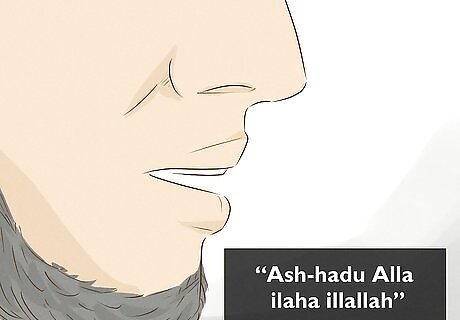
Say “Ash-hadu Alla ilaha illallah” to honor Allah. This means “I bear witness that there is no one worthy of worship except Allah.” Recite it to show your devotion to Allah as you prepare to pray. If you're a Hanafi or Shi'a, recite this line twice.
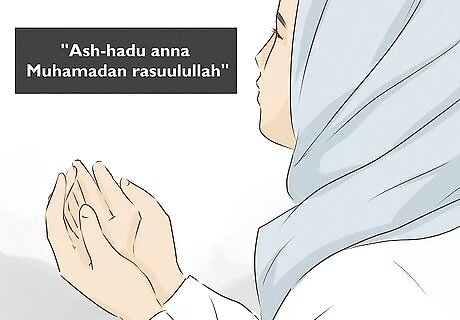
State "Ash-hadu anna Muhamadan rasuulullah" to honor Muhammad. This means "I bear witness that Muhammad is Allah's Messenger." It serves as a reminder that Muhammad is the final prophet who brought God's teachings to earth. If you're a Hanafi or Shi'a, say this twice.
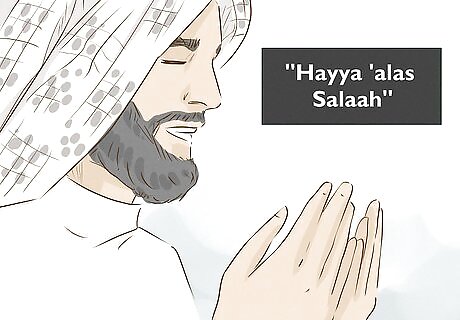
Say "Hayya 'alas Salaah" as a reminder to come to prayer. This means "come to the prayer,” so it calls the congregation to pray. Say this line twice if you're Hanafi or Shi'a.

Call "Hayya 'alal Falah" as a reminder of the importance of prayer. This means "Come to prosperity or success.” It's a reminder that prayer and obeying Allah's commands will help you improve yourself and become successful. Recite this twice if you're Hanafi or Shi'a. Sometimes “hayya” is interpreted as “rush,” so this line may also be understood as “Rush to success.”
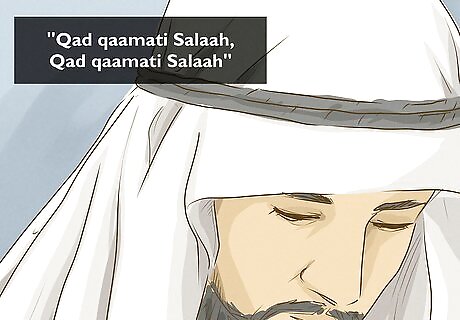
Recite "Qad qaamati Salaah, Qad qaamati Salaah" as a reminder to pray. “Qad qaamati Salaah” means "prayer is to begin,” which you say twice. It tells everyone that it's time to line up for prayer. Typically, the congregation will get into their prayer position at this time. This line is sometimes interpreted as “Prayer has begun.” Typically, you don't recite line word if you aren't the person calling the Iqama.
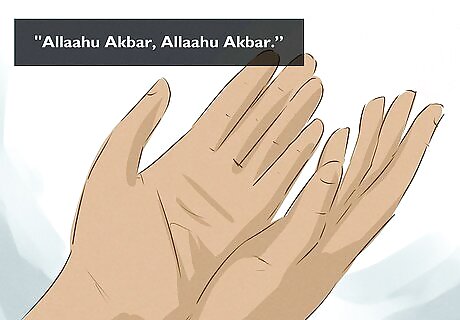
Honor Allah by repeating "Allaahu Akbar, Allaahu Akbar.” “Allaahu Akbar” means “Allah is the greatest.” Say it twice to honor Allah before the prayer and to remind yourself of the teachings of Islam. You honor Allah at both the beginning and the end of the Iqama.
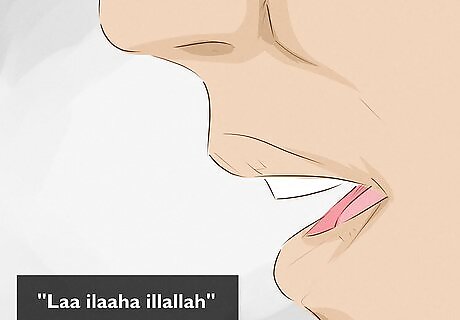
Finish the call to prayer with "Laa ilaaha illallah". This means "there is no god worthy of worship but Allah.” Say it to honor Allah and show your devotion. It completes the Iqama, which means it's time to pray.
Performing the Iqama as a Ritual
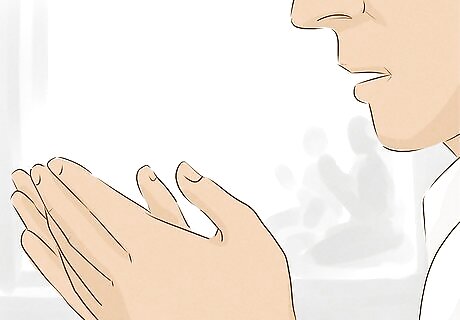
Recite the Iqama every time you're praying in a congregation. Typically, the muezzin (Mu'adhdhin) at your mosque will lead the Iqama aloud. They may even recite it over a loud speaker. Say the call to prayer along with them to honor Allah and prepare yourself for prayer. Don't repeat the line "Qad qaamati Salaah, Qad qaamati Salaah" unless it's traditional in your mosque. Typically, only the person leading the Iqama says this line, which means “Prayer is to begin.” Your congregation may only repeat the Athan. If so, don't recite the Iqama along with the caller.

Say the call to prayer as a reminder if you're praying alone. The Iqama is used to remind the congregation as a whole that it's time for prayer, but it also reminds you of the teachings of Islam. While it's not required that you recite the Iqama to yourself, it's helpful for deepening your faith and building good religious habits. Include it in your private prayers if you prefer. If someone else is praying with you, it's best to recite the Iqama, even if it's just 1 other person. In that case, the most knowledgeable follower should lead the prayer. Traditionally, a male will lead the Iqama if both men and women are present.Tip: If you're praying alone, it's not required that you say the Iqama. However, it is recommended and preferred that you say it.

Let your arms hang at your sides during the Iqama. During the Athan, you typically raise your hands to cover your ears. This isn't necessary during the Iqama. Instead, straighten your arms to your sides and prepare yourself for prayer.
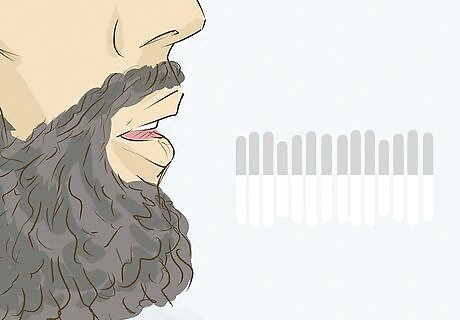
Recite it quickly and in a low, monotone voice. While the Athan is called loudly, the iqama is a quiet call to prayer. Lower your voice into a rhythmic, chanting tone. Then, say the prayer quickly to lead into your prayer. Follow the pace set by the muezzin (Mu'adhdhin) if you're in a mosque. If you follow the Maliki school, pause between the verses of the Iqama, which slows down your prayer.
















Comments
0 comment